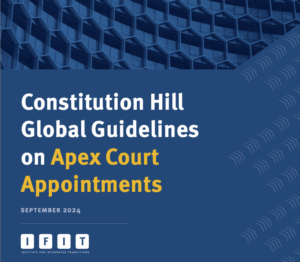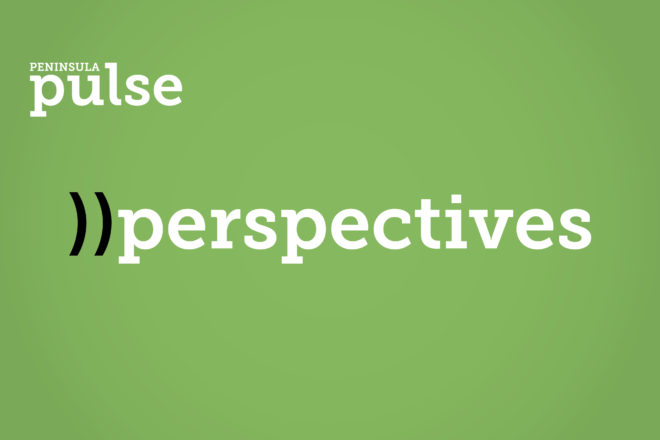We don’t see issues as they’re, we see them as we’re (nameless)
Introduction
I want to acknowledge the mana and scholarship of my colleague Prof Claire Charters and want to thank her as one in every of Aotearoa’s main Māori students for making the effort and time to learn and touch upon my current EJIL article on progressive treaty-drafting, recognizing Māori illustration on the worldwide commerce aircraft. Charters concludes that I did ‘not put Māori’s ongoing sovereignty on the fore’ of my evaluation of Indigenous-related provisions in New Zealand’s current free commerce agreements with the European Union and the UK. I’m a believer in sturdy tutorial debate and, consistent with this Weblog’s identify, we have to discuss: nā tō rourou, nā taku rourou ka ora ai te iwi.
Individuals from the left and the suitable of the political spectrum maintain reminding me that I lack ‘a deeper understanding’. New Zealand’s constitutional regulation is without doubt one of the most fascinating areas of regulation, and probably the most contested. It’s characterised by strands which might be incompatible. Particularly, there’s a conflict as as to if one places the person or the group on the coronary heart of a polity. The reply to this query is foundational.



